Ben Seibel: The Sculptural Designer Who Brought Art to Everyday Life
Ben Seibel (1918-1985) was an American industrial designer whose work left an indelible mark on mid-century modern design. Born in Newark, New Jersey, Seibel grew up in Manhattan, where his mother ran a successful clothing business. This early exposure to design and creativity undoubtedly influenced his future career.
Seibel’s journey into the world of design began with studies in sculpture and painting. However, his education was interrupted by World War II, during which he served in the army. After the war, he resumed his studies at Pratt Institute, focusing on industrial design. Although he never completed his degree, Seibel’s time at Pratt was instrumental in shaping his design philosophy.
In 1947, Seibel opened his own studio, where he began creating designs that would become iconic. His work was characterized by organic, understated shapes and a playful use of color and texture. Seibel’s designs were not just visually appealing; they were also highly functional, making them perfect for everyday use.
One of Seibel’s most famous creations was the “Impromptu” tableware line for Iroquois China, introduced in 1956. This collection featured elegant, flowing shapes and vibrant colors, making it a favorite among mid-century modern enthusiasts. Seibel also designed the “Informal” line for Iroquois, which further solidified his reputation as a master of modern design.
Seibel’s designs extended beyond tableware. He created a variety of pieces, including bookends, vases, furniture, and even lamps. His work for Roseville Pottery Company and Mikasa also garnered significant attention. Seibel’s ability to blend form and function in his designs made him a sought-after designer during the 1950s and 1960s.
Despite his success, Seibel remained humble and continued to work with a small staff in his studio until his death in 1985. His legacy lives on through his timeless designs, which continue to be celebrated by collectors and design enthusiasts alike.
Ben Seibel’s contributions to industrial design were not just about creating beautiful objects; they were about bringing art into everyday life. His work reminds us that design can be both functional and aesthetically pleasing, and his influence on mid-century modern design is undeniable.

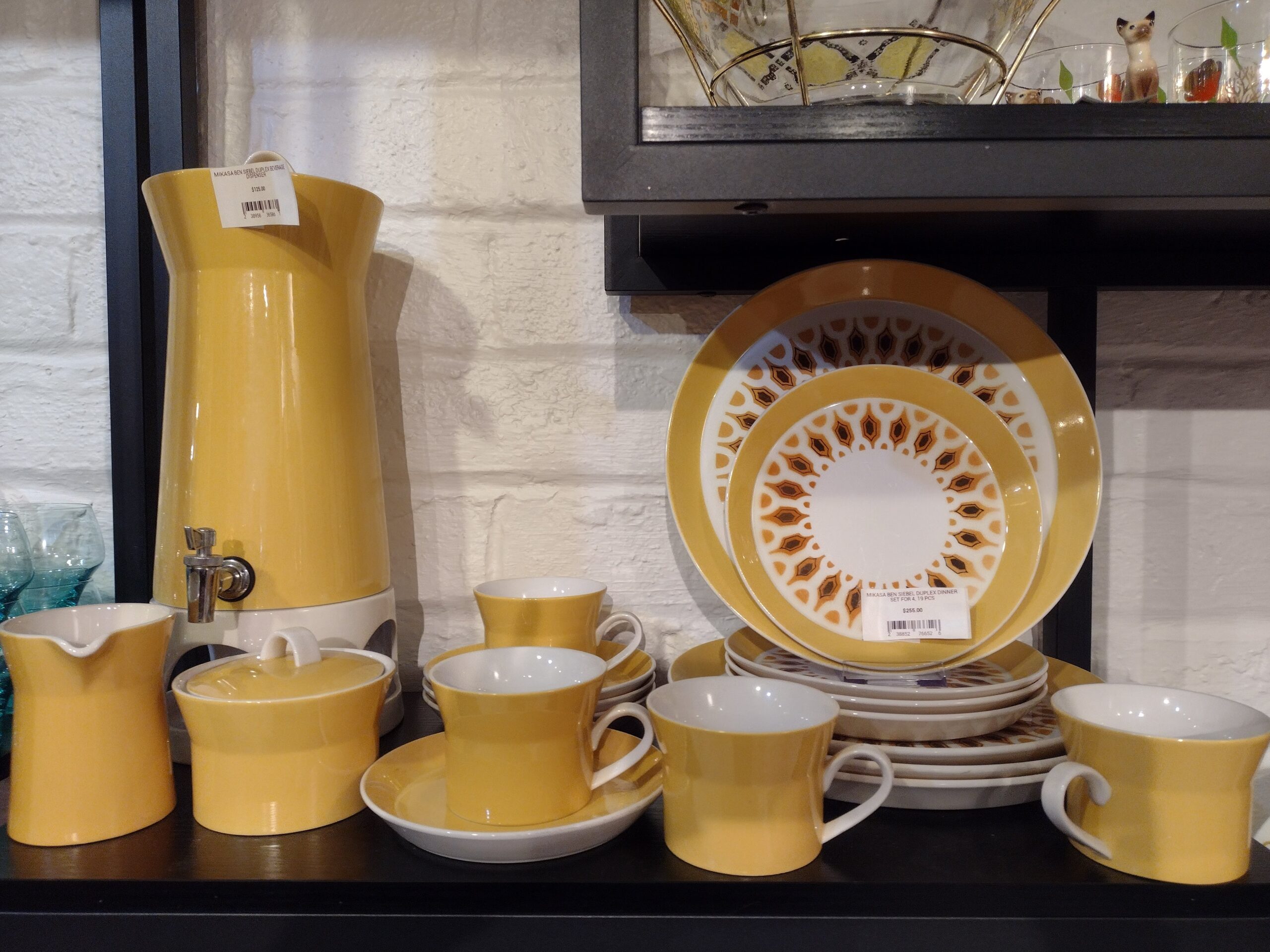
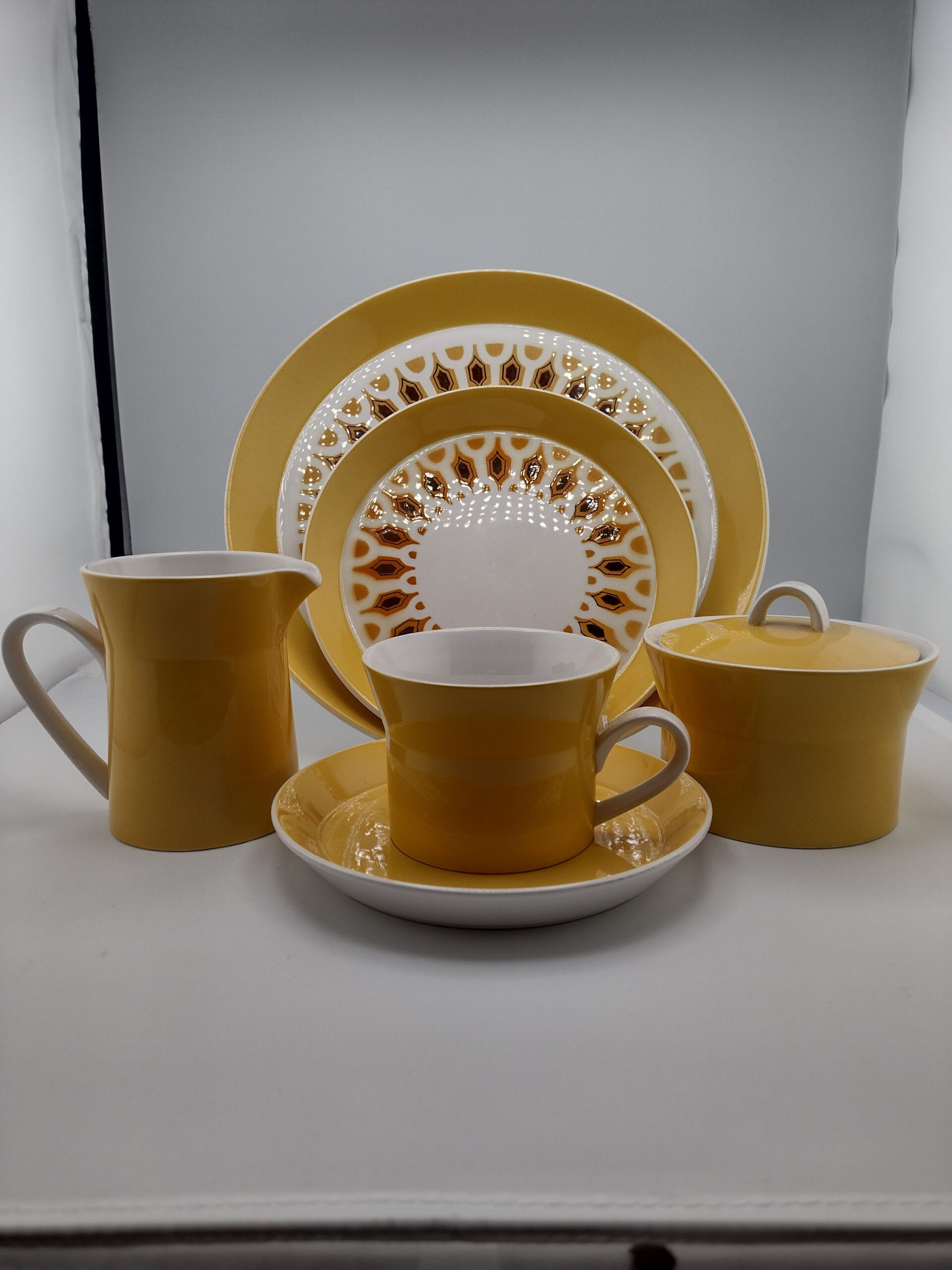
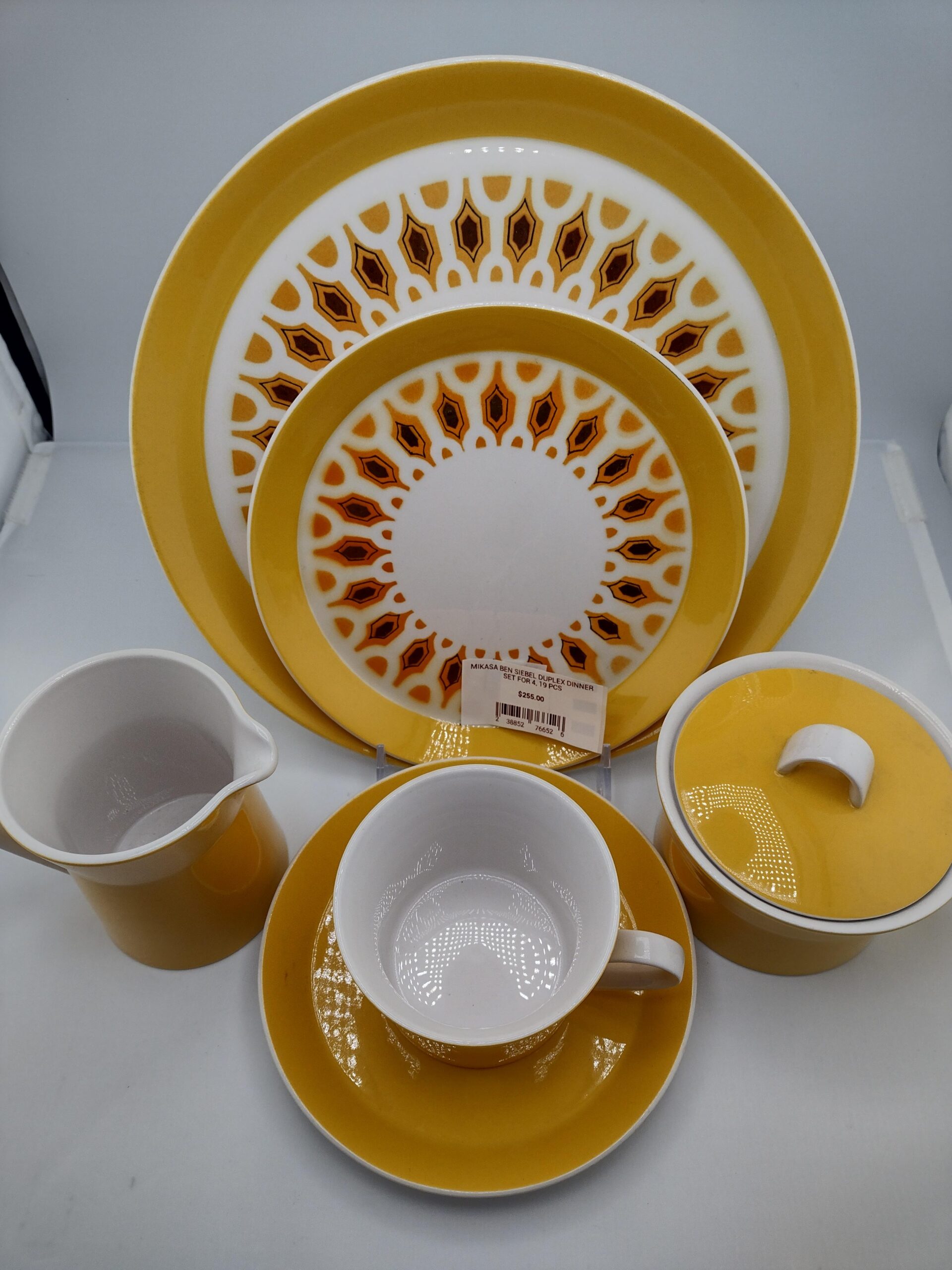
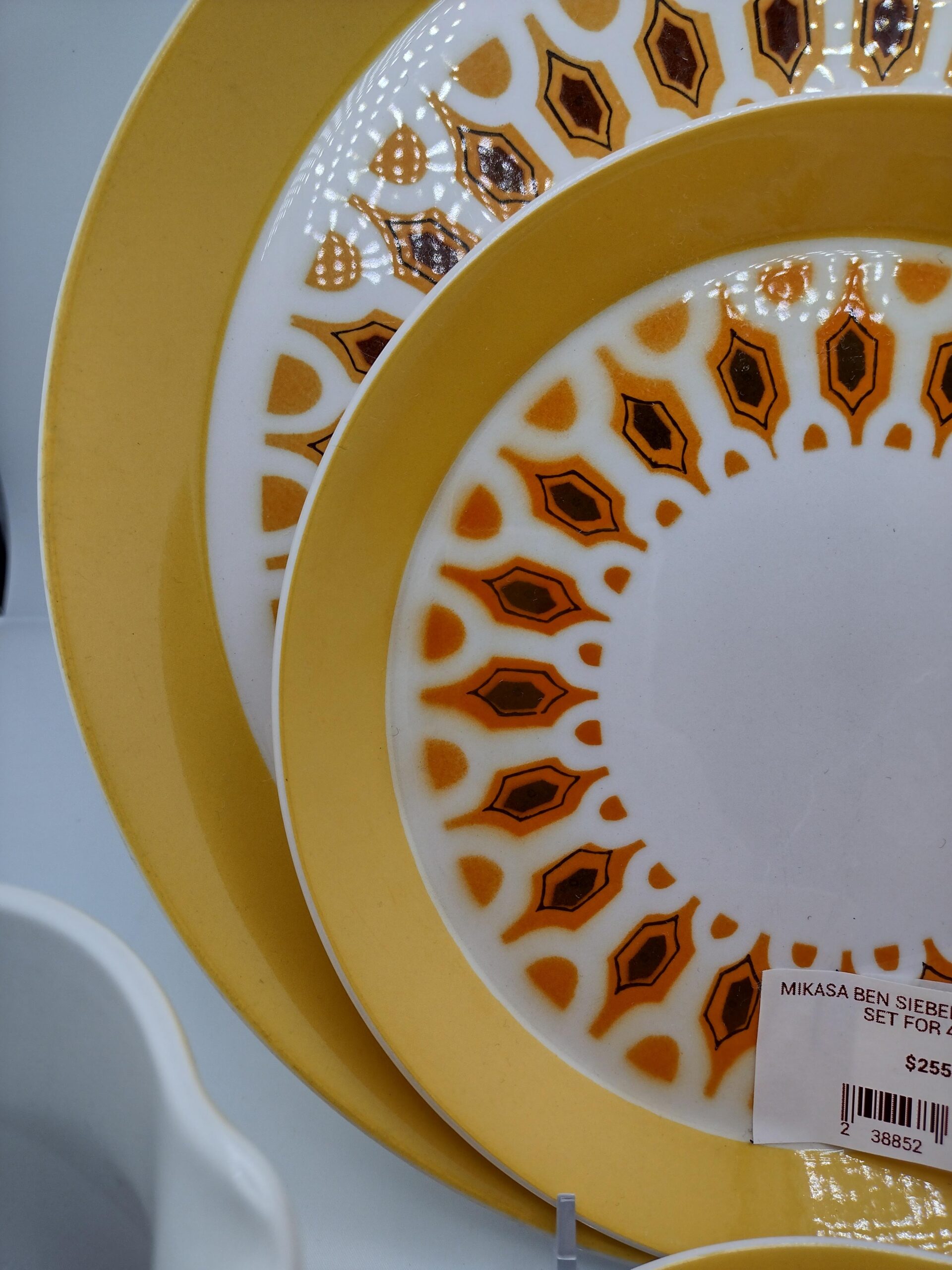
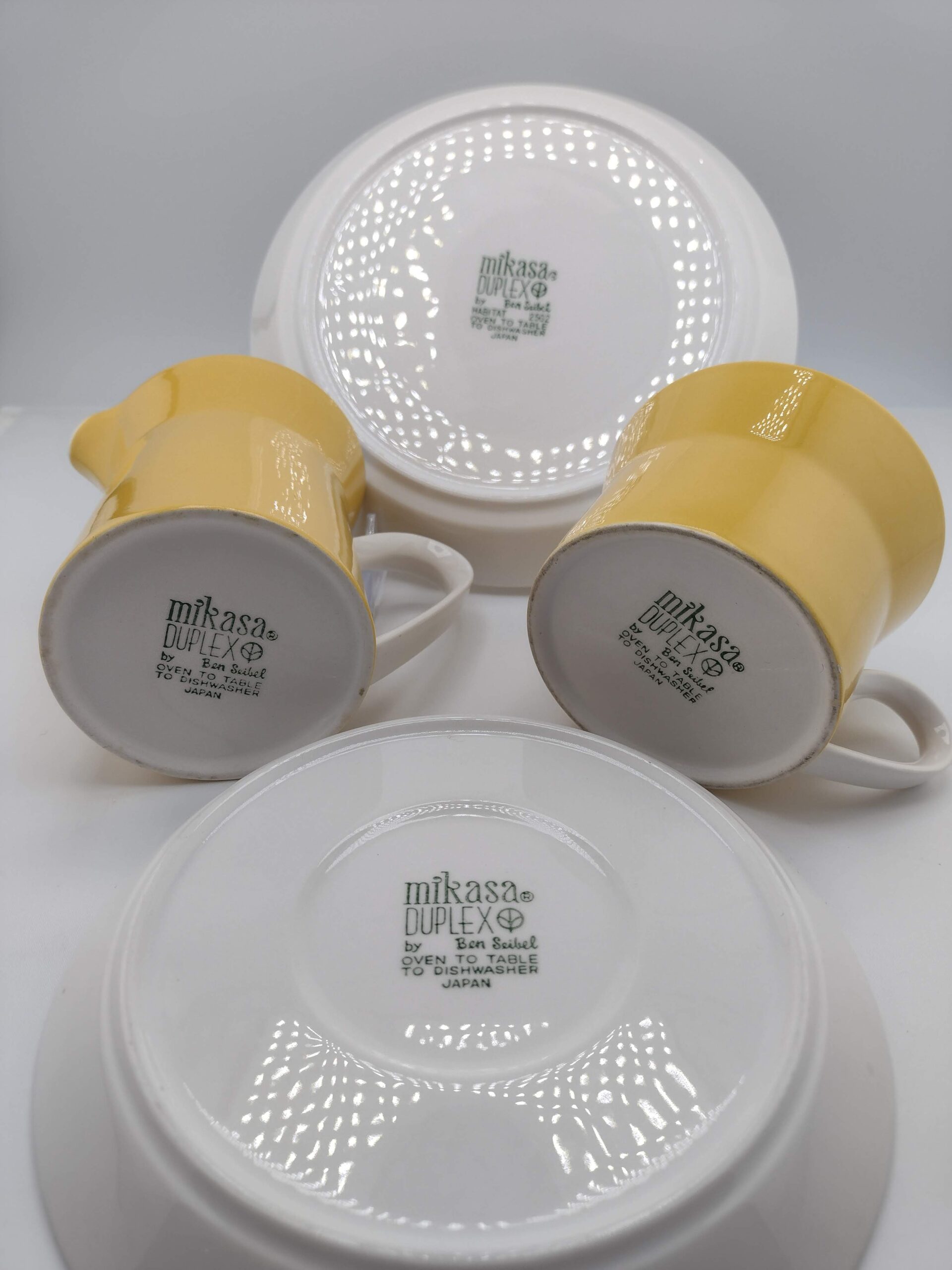
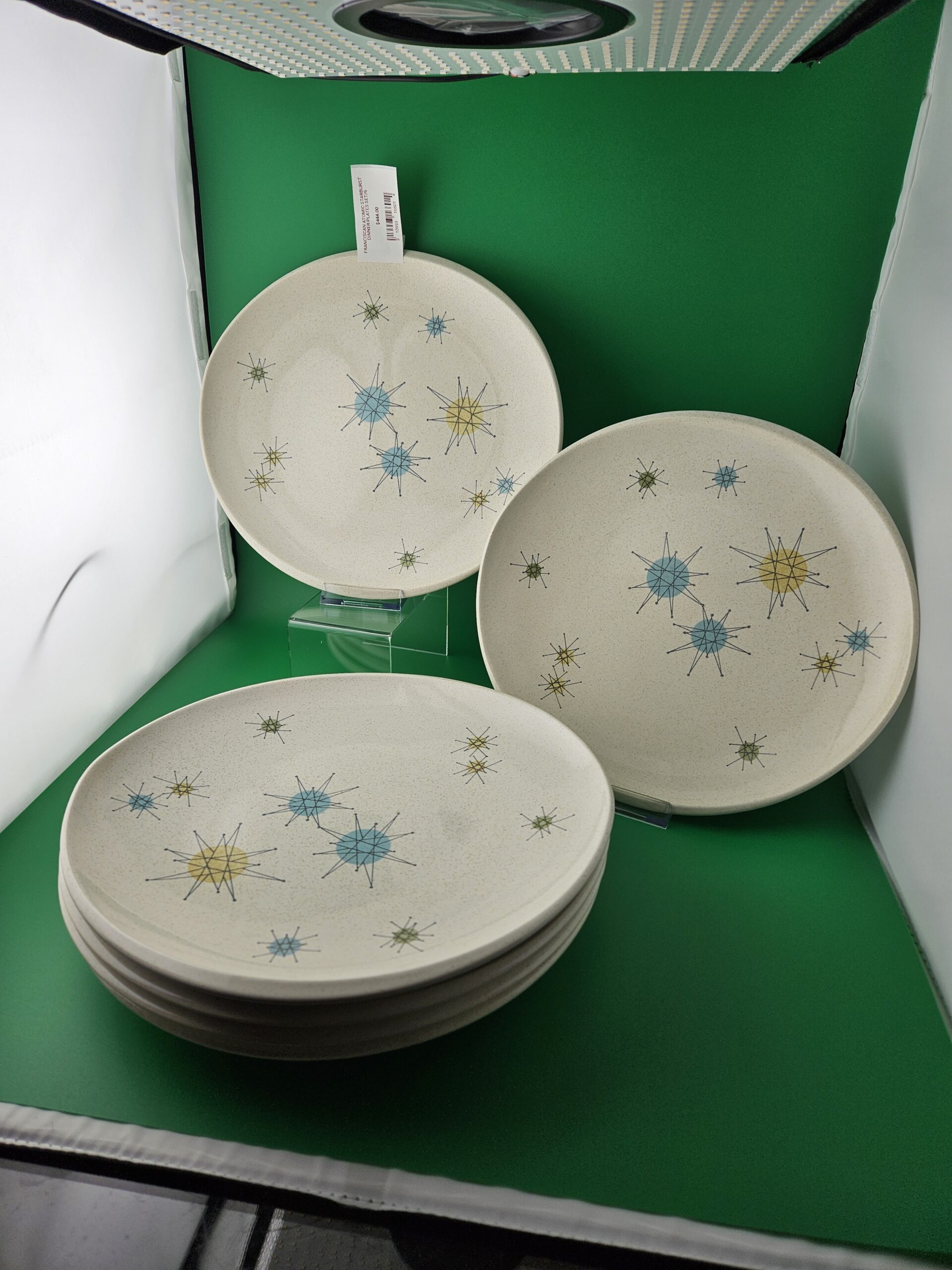
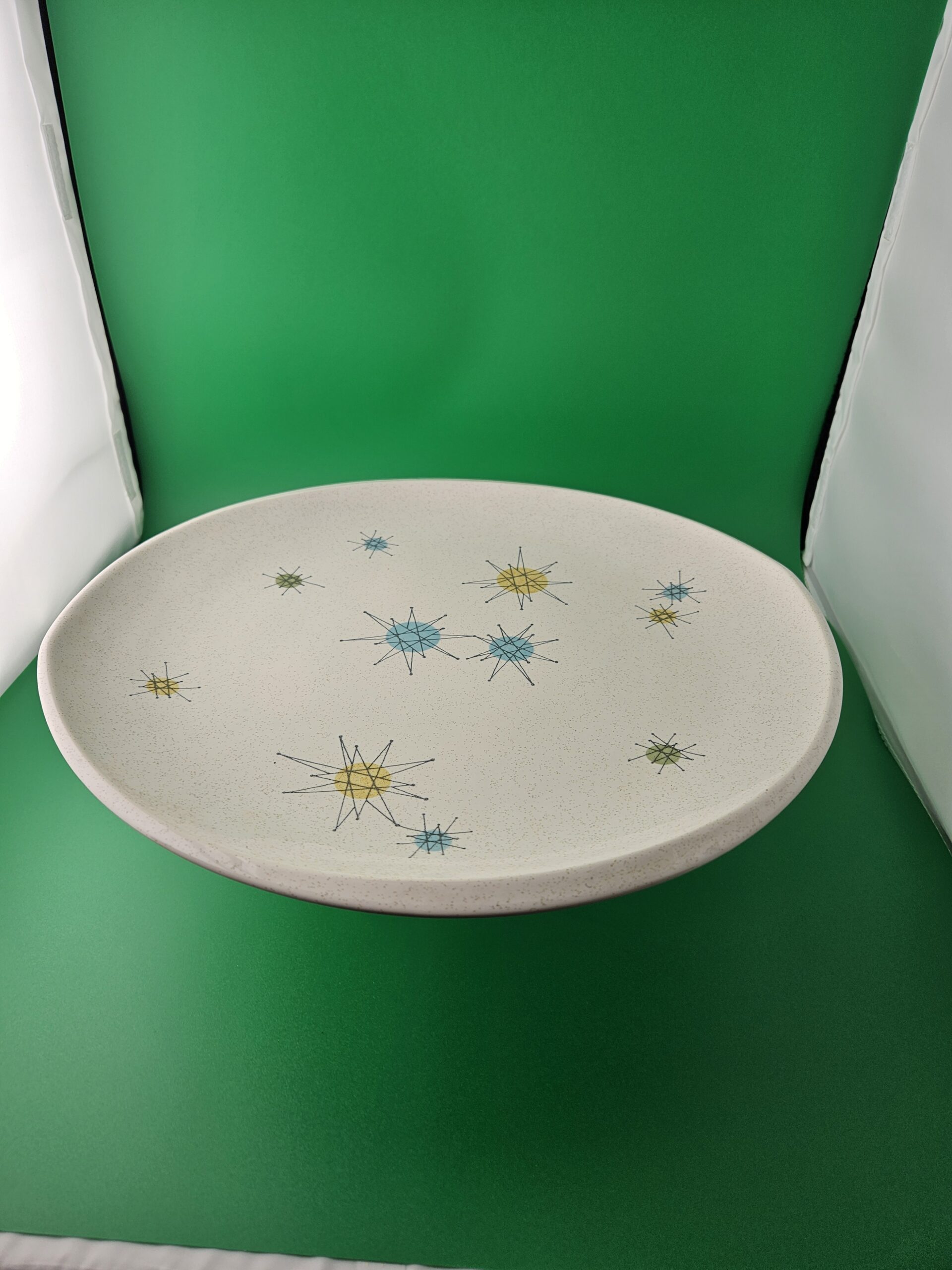
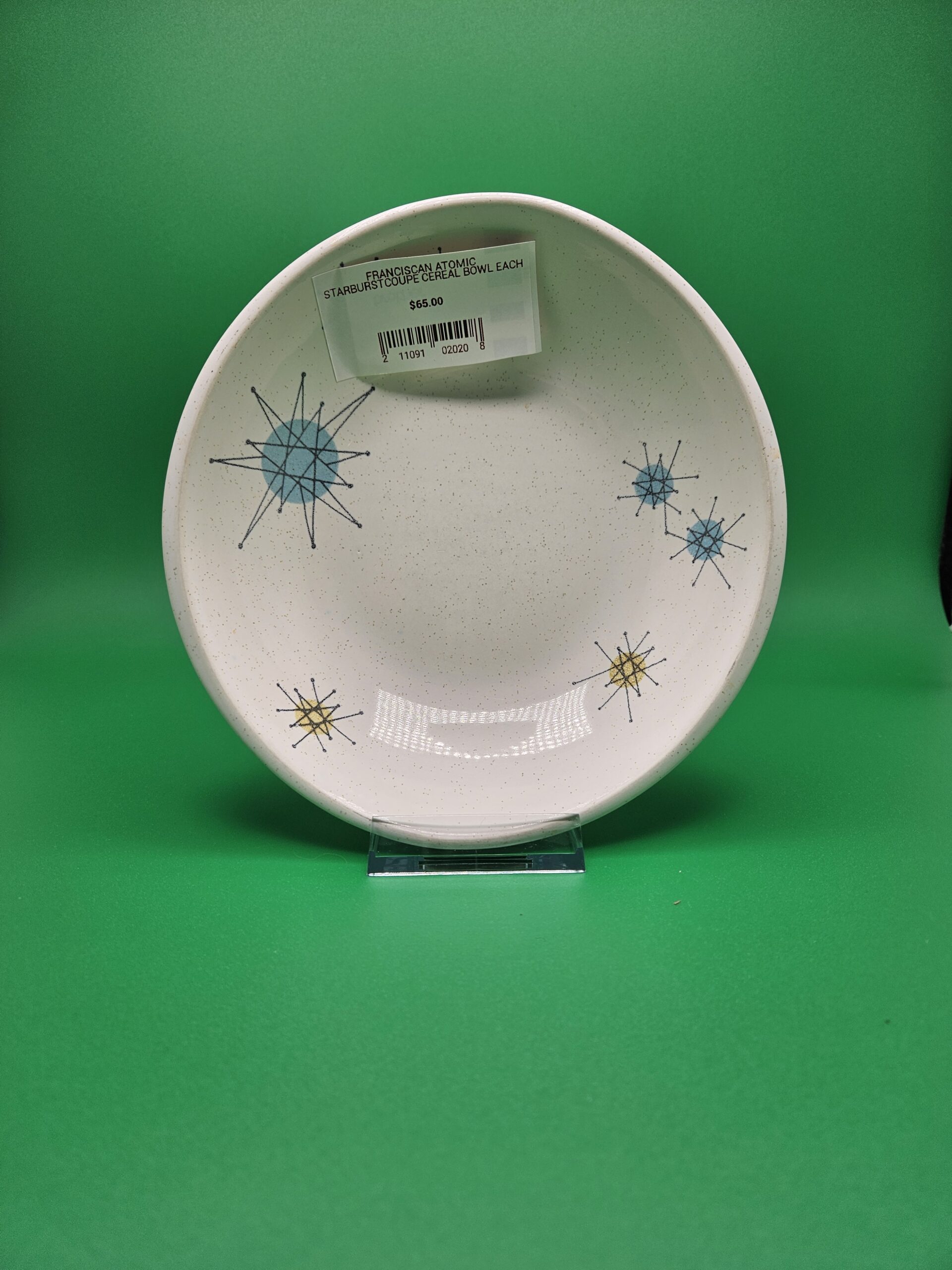
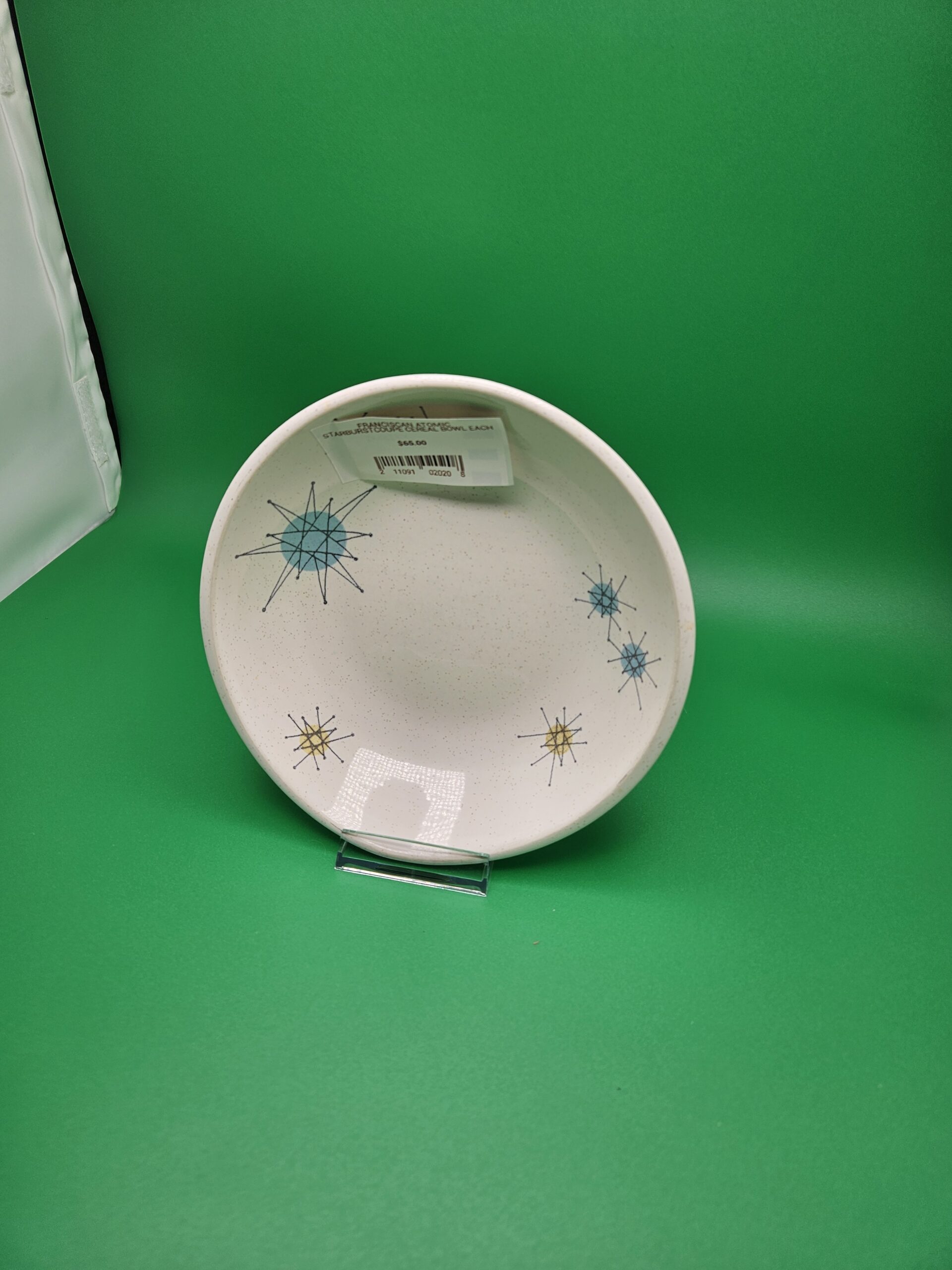
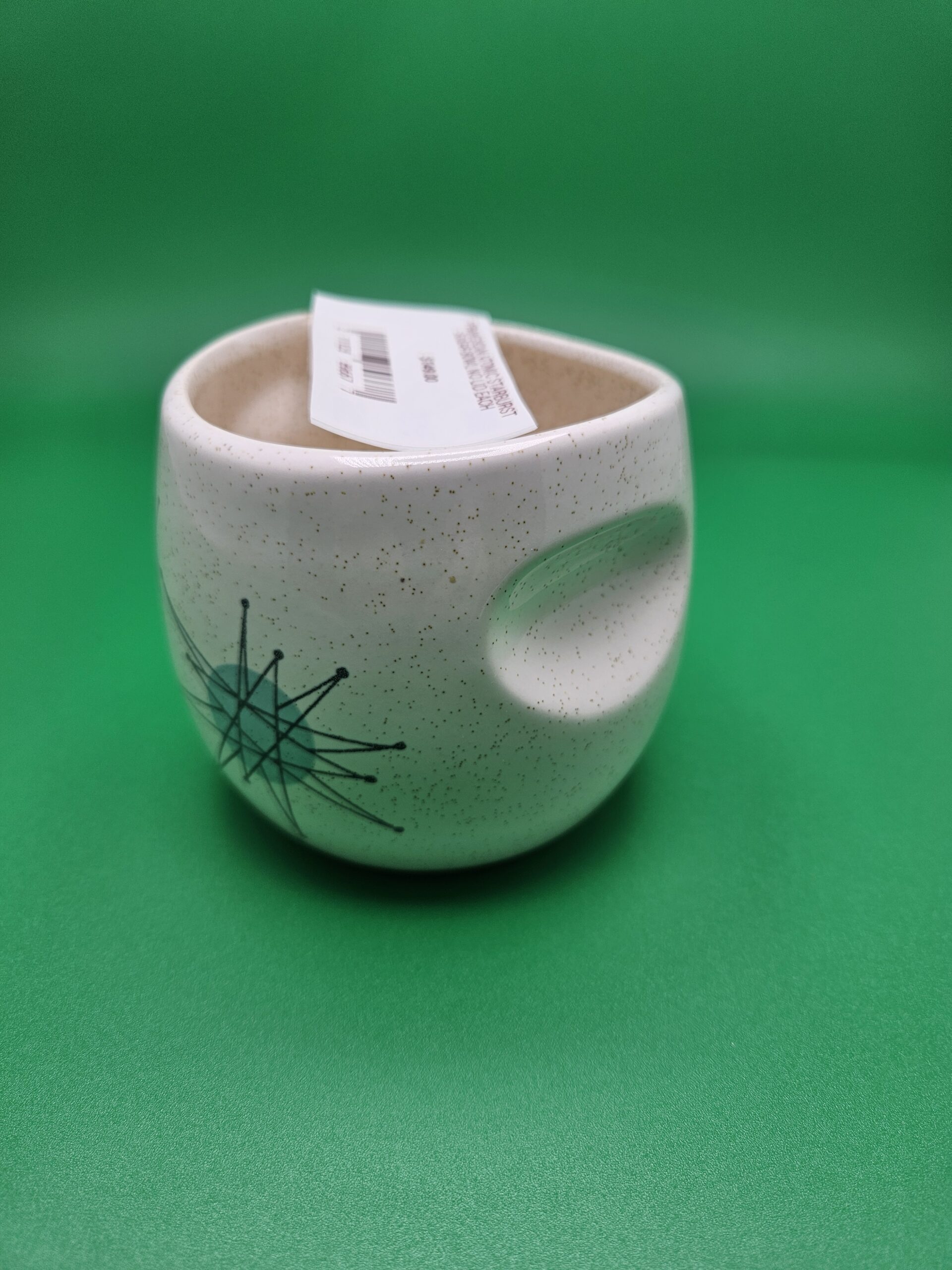
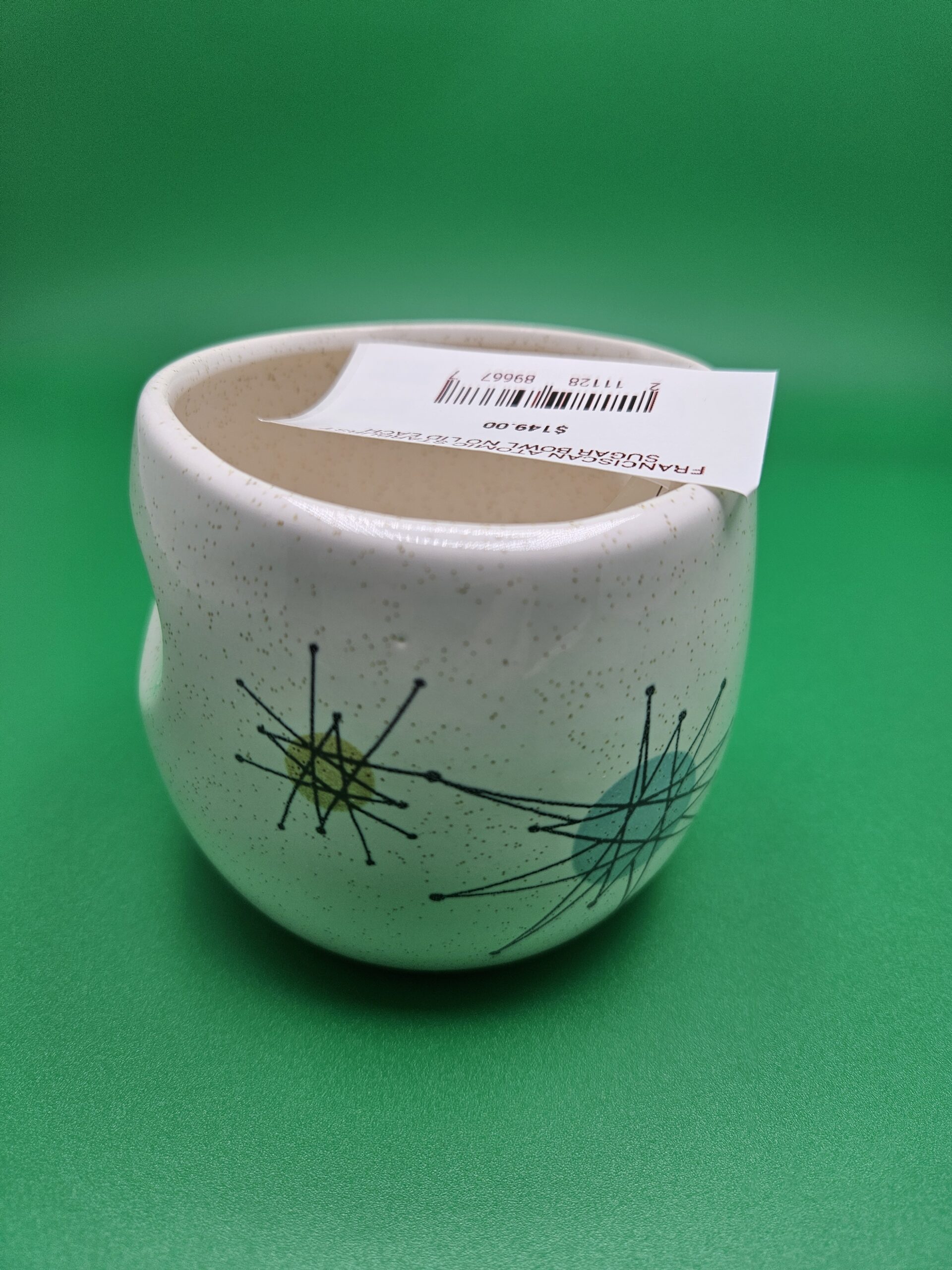
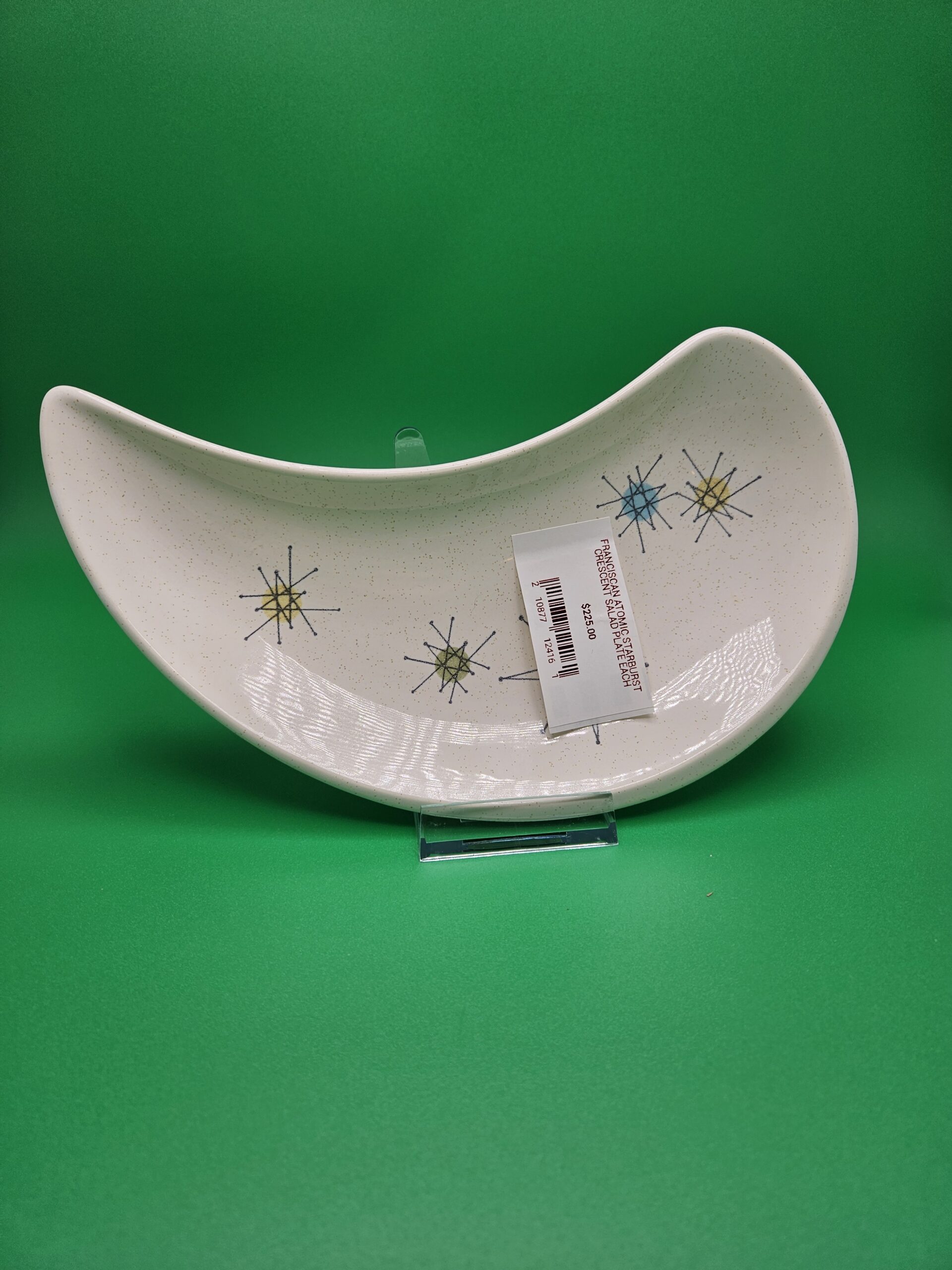
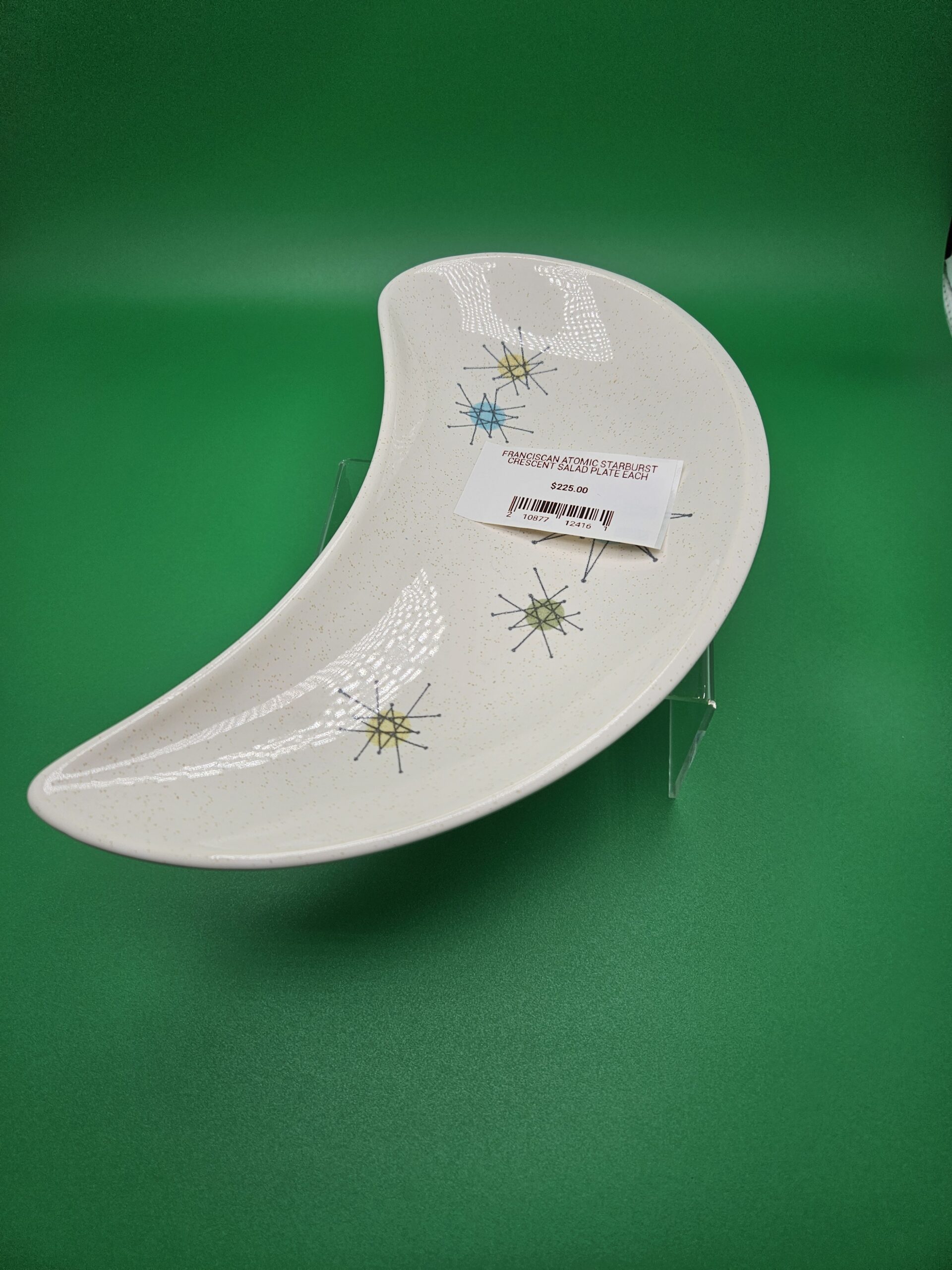
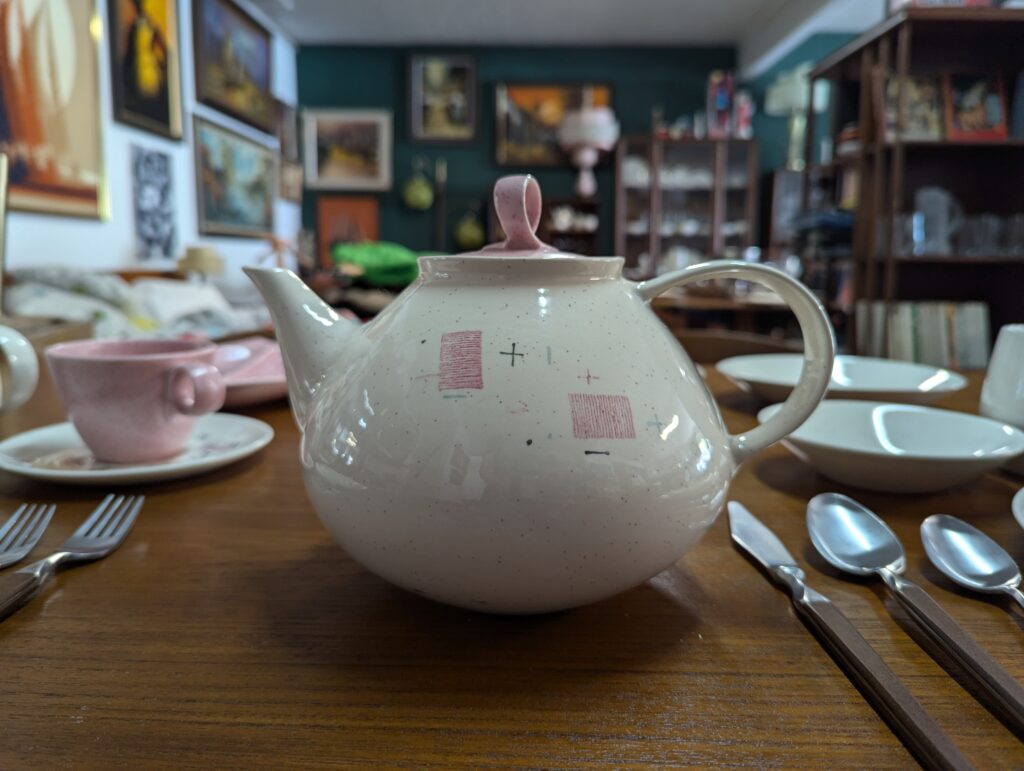
Reviews
There are no reviews yet.